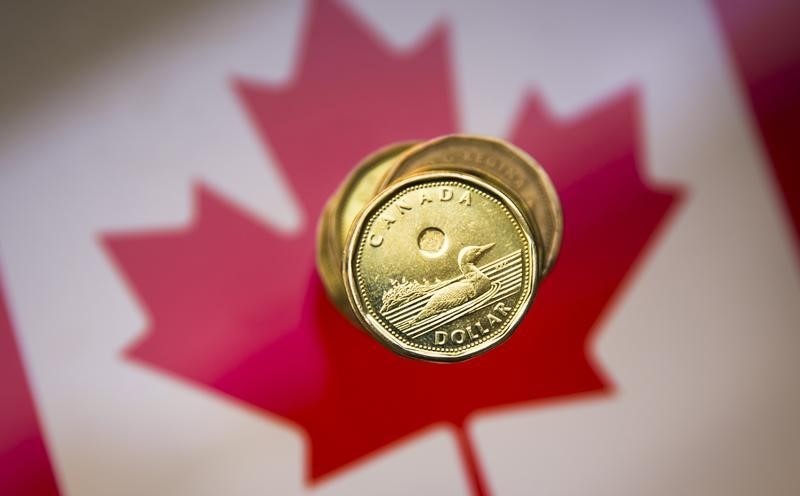(Bloomberg) -- Canada’s already slowing economic recovery risks losing further momentum, according to a set of high-frequency indicators.
Alternative data from credit card transactions, restaurant bookings and job postings show the economy fell into a more uneven pace of growth in September after the initial strong summer rebound. With virus cases rising and provinces tightening restrictions, the path to a full recovery faces major obstacles.
Here’s a look at last month’s numbers.
Consumer transactions appear to have hit a plateau in August and September after a strong initial rebound starting in May, spending data from Scotiabank through Sept. 25 show.
“Between April and mid-July, things were trending upward on a year over year basis and since then spending is kind of flat relative to last year,” Scotiabank Economist Nikita Perevalov said by phone.
Credit and debit card data from Toronto-Dominion Bank show a similar flat-line trajectory. Spending picked back up in September after an August lull, but the rebound was mainly driven by home-improvement purchases. That reflects the boom in the housing market -- one of the few industries to remain resilient in the face of Covid-19.
“If cases continue to pick up and hospitalizations follow suit, governments could impose even tighter restrictions, resulting in weaker spending activity in the coming weeks and months,” Sri Thanabalasingam, an economist at TD, said in a report. “This next phase of the recovery will be the hardest yet.”
Canada has recovered almost two thirds of the 3 million jobs lost at the height of the pandemic. Recouping the rest won’t be easy, given the capacity restrictions and weak demand currently facing many businesses.
The restaurant sector is also stalling, according to data from OpenTable. The number of seated diners at Canadian restaurants was about 33% lower on average in September compared with a year earlier. That’s only a slight improvement from August.
The industry faces further risks this month, after restaurants and bars in in Montreal and Quebec City were ordered to close for a month to help curb the spread of the virus. In Ontario, food and drink establishments have been ordered to shut by midnight. Additionally, as the weather gets colder and patios close, some diners may be reluctant to visit restaurants, given the risk of catching the virus is known to be higher indoors.
